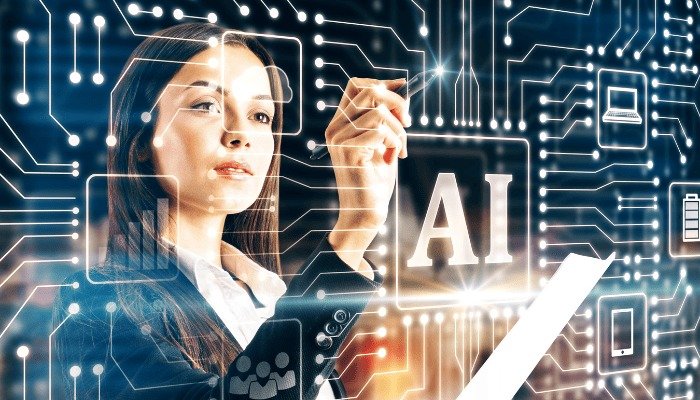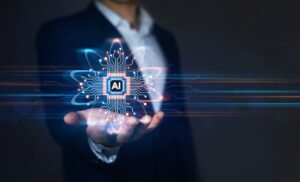In today’s fast-paced business landscape, effective talent management has become a critical driver of organizational success. As companies strive to attract, retain, and develop top talent, the integration of artificial intelligence (AI) into talent management processes is proving to be a game changer. This article explores how AI is reshaping talent management, enhancing efficiency, and improving decision-making across the board.
The Current Landscape of Talent Management
Talent management encompasses various functions, including recruitment, onboarding, performance management, and employee development. Traditional methods often rely on manual processes, leading to inefficiencies and biases. However, with the advent of AI technologies, organizations can streamline these processes, making them more data-driven and objective.
AI in Recruitment: Enhancing Candidate Selection
One of the most significant impacts of AI in talent management is in recruitment. AI-powered tools can analyze resumes, screen candidates, and even conduct preliminary interviews through chatbots. This not only speeds up the hiring process but also helps in identifying the best-fit candidates without the influence of human biases.
Key Benefits of AI in Recruitment:
- Efficiency: AI can sift through thousands of applications in minutes, allowing HR teams to focus on higher-value tasks.
- Bias Reduction: By using algorithms to evaluate candidates, organizations can minimize unconscious biases that often affect hiring decisions.
- Enhanced Candidate Experience: AI-driven chatbots provide instant responses to candidates, improving their experience and keeping them engaged throughout the hiring process.
For more insights on AI in recruitment, check out AI in Recruitment: Trends and Technologies.
AI in Employee Onboarding: A Personalized Experience
The onboarding process is crucial for new hires, and AI can significantly enhance this experience. By leveraging AI, organizations can create personalized onboarding programs that cater to the individual needs of new employees.
Advantages of AI in Onboarding:
- Customized Learning Paths: AI can analyze the skills and experiences of new hires to tailor onboarding materials, ensuring they receive relevant training.
- Continuous Feedback: AI tools can monitor the progress of new employees, providing real-time feedback and recommendations to help them adjust quickly to their roles.
- Engagement Metrics: AI can track engagement levels during onboarding, allowing HR to identify areas for improvement.
Learn more about optimizing onboarding processes with AI in The Future of Employee Onboarding.
AI in Performance Management: Data-Driven Insights
Performance management is another area where AI can make a significant impact. AI systems can analyze employee performance data, identify patterns, and provide actionable insights to managers.
Benefits of AI in Performance Management:
- Objective Evaluations: AI can help create fair performance metrics that focus on quantifiable outcomes rather than subjective opinions.
- Predictive Analytics: By analyzing historical data, AI can predict future performance trends, helping organizations make informed decisions about promotions and training needs.
- Continuous Development: AI-driven platforms can suggest personalized development plans, ensuring that employees continue to grow in their roles.
For a deeper dive into AI’s role in performance management, visit AI and Performance Management: The Next Frontier.
AI in Employee Development: Tailored Growth Opportunities
AI is also transforming how organizations approach employee development. With its ability to analyze employee data, AI can suggest tailored training programs and career paths based on individual strengths and interests.
Key Features of AI in Employee Development:
- Skill Gap Analysis: AI can identify skill gaps within the workforce, enabling organizations to address them proactively.
- Personalized Learning: AI-driven learning platforms can offer customized courses that match employees’ career aspirations and current competencies.
- Career Pathing: By analyzing various career trajectories within the organization, AI can help employees navigate their career development effectively.
Discover more about AI in employee development in The Role of AI in Employee Growth.
Challenges and Considerations
While AI offers numerous advantages, organizations must also be mindful of potential challenges. These include data privacy concerns, the need for transparency in AI algorithms, and the importance of maintaining human oversight in decision-making processes. A balanced approach that combines AI efficiencies with human insight will be crucial for success.




